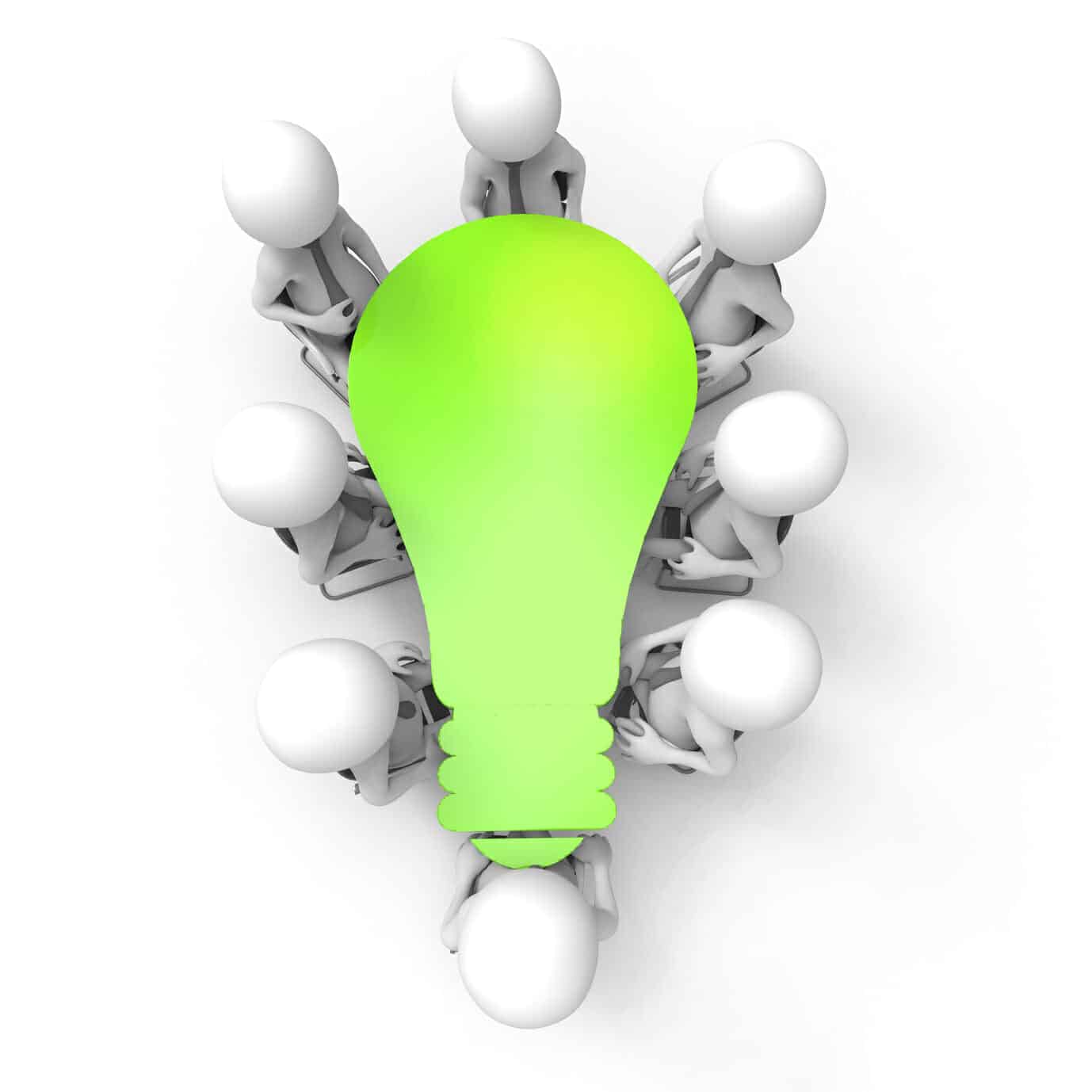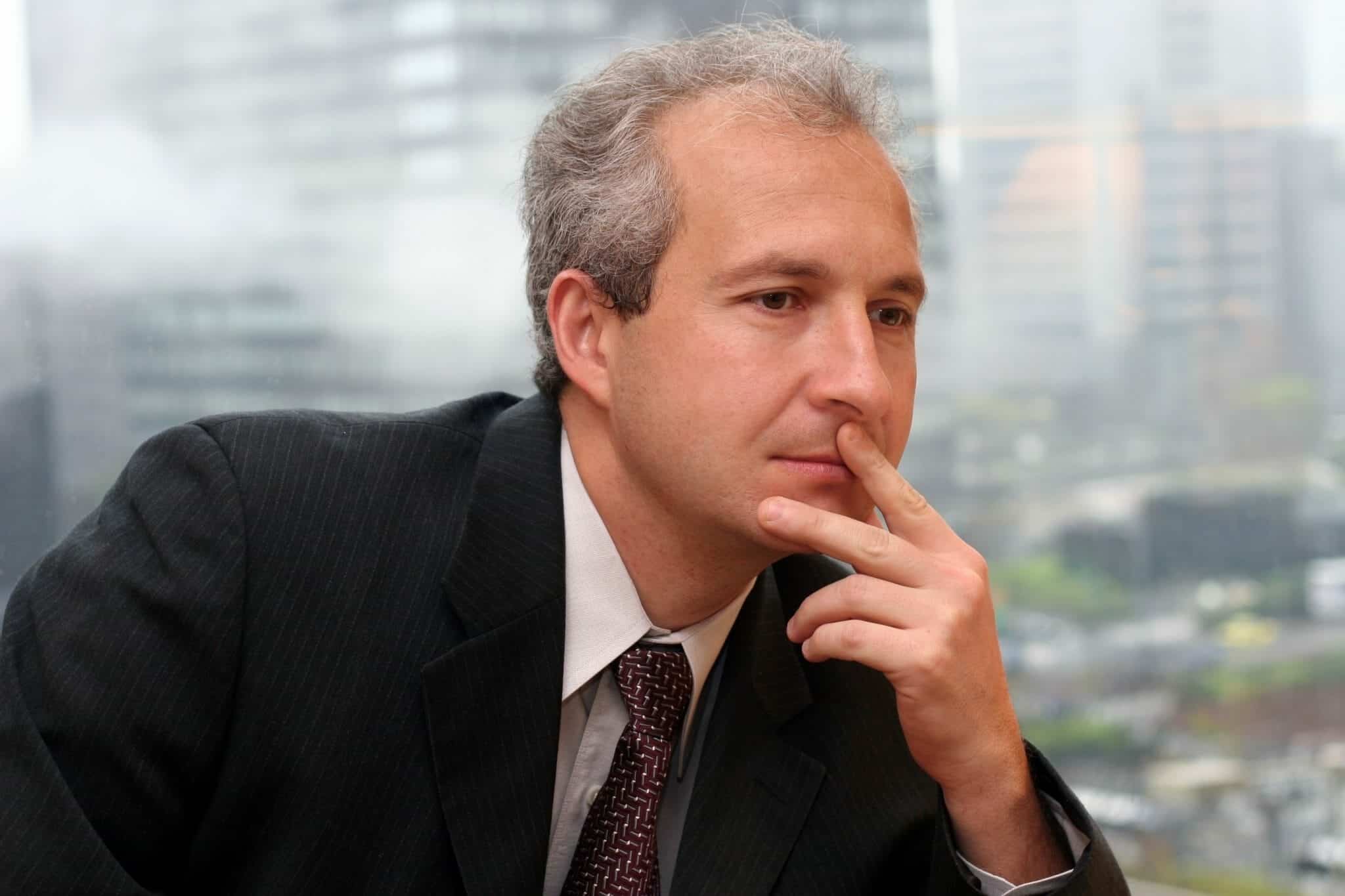Aside from “conscious uncoupling,” getting a Collaborative Divorce is probably the hottest new trend among divorcing couples today. The benefits of Collaborative Divorce are irrefutable. It’s more private, more personal, more flexible and less expensive than fighting in court. It can help you preserve your relationship with your soon-to-be-ex in a way that fighting in court can never do. The only “catch” is that you can’t get a Collaborative Divorce without a Collaborative Divorce Attorney.
That means two things.
- You need an attorney, and
- That attorney MUST be trained in Collaborative Divorce.
That means that you need a specific “Collaborative Divorce Attorney” in order to get a REAL Collaborative divorce.
While that seems simple enough, it can be way more complicated than you think.
Getting a Collaborative Divorce Means More Than Just “Being Collaborative”
Before diving into the ins and outs of how to find a Collaborative Divorce attorney, you need to have a firm understanding of what Collaborative Divorce is … and what it’s not!
Let’s start with what it’s not.
A Collaborative Divorce is not necessarily the same as getting an amicable divorce. While it’s true that couples who are determined to fight the War of the Roses are generally not good candidates for Collaborative Divorce, not every couple who uses the Collaborative Divorce process starts out agreeing on everything.
If you and your divorcing spouse already agree on everything in your divorce, you don’t need to use the Collaborative Divorce Process. (You also don’t need to use mediation!) All you need is to find a lawyer to write up your divorce agreement and run it through the court system.
Unfortunately, most divorcing couples DON’T agree on everything from the start. That’s why they need some process to help them reach an agreement. And, if they’re wise, they’ll choose a divorce process that keeps them out of court as much as possible.
That’s where Collaborative Divorce comes in.

What is Collaborative Divorce?
Collaborative Divorce is a dispute resolution process that helps divorcing couples resolve their divorce in a conference room instead of in a court room. It is a totally different divorce process than divorce litigation or divorce mediation.
Collaborative Divorce …
- … uses a “team” approach to resolving disputes. The Collaborative Team typically consists of two specially trained divorce lawyers (one for each spouse). It also includes a divorce coach (or two) and a neutral financial advisor (usually a CDFA). It may also include a neutral child specialist.
- … resolves issues through a series of meetings rather than court appearances.
- … focuses on identifying and meeting both spouses’ needs and interests while addressing both spouses’ concerns.
- … tries to create a “win/win” situation for a divorcing couple rather than a “win/lose” (… which is really a lose/lose!)
- … requires the divorcing couple AND all of the professionals on the Collaborative Team to sign a “Participation Agreement” at the beginning of the Collaborative Process. This agreement provides that if – for any reason - the parties stop negotiating and go to court instead, then their entire Collaborative Team must withdraw from the case. The divorcing couple then has to hire new divorce lawyers to represent them in court.
The bottom line is that Collaborative Divorce is not just a “divorce that’s collaborative.” It’s an entirely different divorce process.

What’s the Difference between a Collaborative Divorce Attorney and a Regular Divorce Attorney?
The main difference between a Collaborative Divorce attorney and a regular divorce attorney is that a REAL Collaborative Divorce attorney has been trained in Collaborative Divorce!
Divorce lawyers in general understand divorce law. They understand the court system. They know how to negotiate divorce issues on behalf of their client. But their focus and training is entirely different than a Collaboratively-trained divorce lawyer.
A Collaborative Divorce attorney understands everything a traditional divorce lawyer understands AND s/he also understands how the Collaborative Divorce process works. That process is different than the court process. It has different rules and uses different methods than a litigated divorce.
A Collaborative Divorce attorney has also learned how to negotiate based on “needs and interests” rather than on “rights and responsibilities.” S/he knows how to create a “win/win” rather than a “win/lose” situation.
A Collaborative Divorce lawyer understands how to work with other divorce professionals (i.e. a financial professional and a mental health professional/coach) to provide the maximum amount of support for BOTH their client, and their client’s spouse.
Finally, and most importantly, a Collaborative Divorce lawyer’s interests are aligned with his/her client’s interests. A true Collaborative Divorce attorney is willing to sign a Participation Agreement that says that s/he will withdraw from the case if the clients start fighting in court. That means that BOTH the client AND the lawyer are working together to resolve the client’s divorce outside of the court system.
That’s vastly different from a traditional divorce lawyer, who is happy when his/her client fights in court.
Remember – the more you fight, the more money your lawyer makes.
Why Getting a Real Collaborative Divorce Lawyer Matters
Lawyers, just like doctors and other professionals, tend to specialize in certain things. They may or may not be able to publicly say that they “specialize” in a certain area of law due to the ethical rules in certain states. But, as a practical matter, every lawyer handles more of some kinds of cases than others.
While it’s a bit of a generalization, the best trial lawyers do not tend to be good Collaborative lawyers, and vice versa. The skill set and mindset that a trial lawyer needs to master to be successful is very different than the skill set and mindset required for success in a Collaborative Divorce setting.
That’s why, hiring a real Collaborative Divorce Attorney makes a big difference.

But My Lawyer Said S/he Was “Collaborative!”
As you can tell by now, a Collaborative Divorce is very different from a traditional, litigated divorce. It uses a different process and offers advantages that don’t exist in litigation.
It’s not surprising then that more and more divorcing couples are opting to get a Collaborative Divorce rather than fighting in court. Naturally, as more couples start asking for a Collaborative Divorce, more lawyers are starting to provide that service.
The trouble is that, even though some lawyers may tell you they are “collaborative,” not all of them have been trained in Collaborative Divorce. They don’t actually practice Collaborative law. And if you hire one of them, you won’t actually get a “Collaborative Divorce.” You’ll get a traditional divorce where your lawyer will “try to collaborate” with the other side.
That usually doesn’t go well.
How do these lawyers get away with saying they’re giving you one thing but actually giving you something else?
Easy.
They get away with it because you don’t know any better.
If you don’t understand what Collaborative Divorce IS, you won’t know whether you’re really getting one or not.
If you don’t understand the difference between divorcing “collaboratively” and getting a “Collaborative Divorce” you won’t even know that you hired a litigation lawyer who told you that s/he was “collaborative” just because that’s what you wanted to hear.
(And, btw, what the lawyer told you was technically not a lie. You can be “collaborative” without ever having been formally trained in “Collaborative Divorce.”)
How to Get a Collaborative Divorce
So how do you get a REAL Collaborative Divorce if you want one?
You start by getting a real Collaborative Divorce attorney. You find someone who has been trained in Collaborative Divorce and is comfortable using the Collaborative process.
How do you do that? How can you know for sure that the lawyer you want to hire has been trained in the Collaborative Process and will actually give you a Collaborative Divorce?
You do two things:
- You ask the lawyer point blank whether s/he has been formally trained in the Collaborative Divorce process. (NOTE: That’s a very different question than simply asking “Do you do collaborative divorce?”) AND
- You ask them if they will sign a Participation Agreement. If the lawyer won’t sign a Collaborative Participation Agreement, then you’re not going to get a real Collaborative Divorce.

How to Find a Collaborative Divorce Lawyer
The best way to find a Collaborative Divorce Attorney is to get a referral from a friend/colleague/co-worker who used that attorney for their Collaborative Divorce.
The second best way to find a Collaborative Divorce Lawyer is by finding a Collaborative Divorce Association or Organization in your area and then checking their website for a list of Collaborative Professionals.
You can start by looking at the International Academy of Collaborative Professionals. If you are in Illinois, and you are looking for an Illinois Collaborative Divorce Lawyer, you can consult Collaborative Divorce Illinois.
Another good place to find collaborative divorce attorneys is by referral from other divorce professionals. Most divorce coaches will know which attorneys in town are true Collaborative Divorce Attorneys, and which are not.
How Do you Know If You've Found the Right Collaborative Divorce Lawyer for You?
It may sound simplistic, but the best way to know if your lawyer is truly a Collaborative Divorce Attorney is to ask. The key, though, is to ask very specific questions.
For example, you want to ask:
- Whether the lawyer has been trained in Collaborative Divorce.
- Whether s/he will sign a Collaborative Participation Agreement.
- How many Collaborative Divorce cases s/he has handled in the past.
- Whether s/he believes that your case is right for the Collaborative Process, and why.
You should also check out the attorney’s website.
Does the lawyer talk about Collaborative Divorce on his/her website? Does the lawyer specifically say that s/he does Collaborative Divorce? Or does the lawyer simply say that s/he “is collaborative?”
You can also tell a lot from the overall tone of the website.
Does the website talk about "protecting your rights?" (That lawyer is likely a litigator.) Or does it talk about helping you “work things out amicably?” (That lawyer will be more likely to practice mediation and Collaborative Divorce.)
Finally, you can check both the lawyer’s website and your local Collaborative Divorce Organization’s website to see whether the lawyer you’ve chosen is a member of that organization. While the lawyer doesn’t NEED to be a member of any Collaborative Divorce Organization in order to be qualified to practice Collaborative Law, if s/he IS a member of the organization, that tells you that s/he at least understands what Collaborative Divorce IS and has likely been properly trained in it.
Armed with accurate information, you can then make an informed decision about whether to hire that lawyer, and which divorce process you will really be using to resolve your divorce case.

